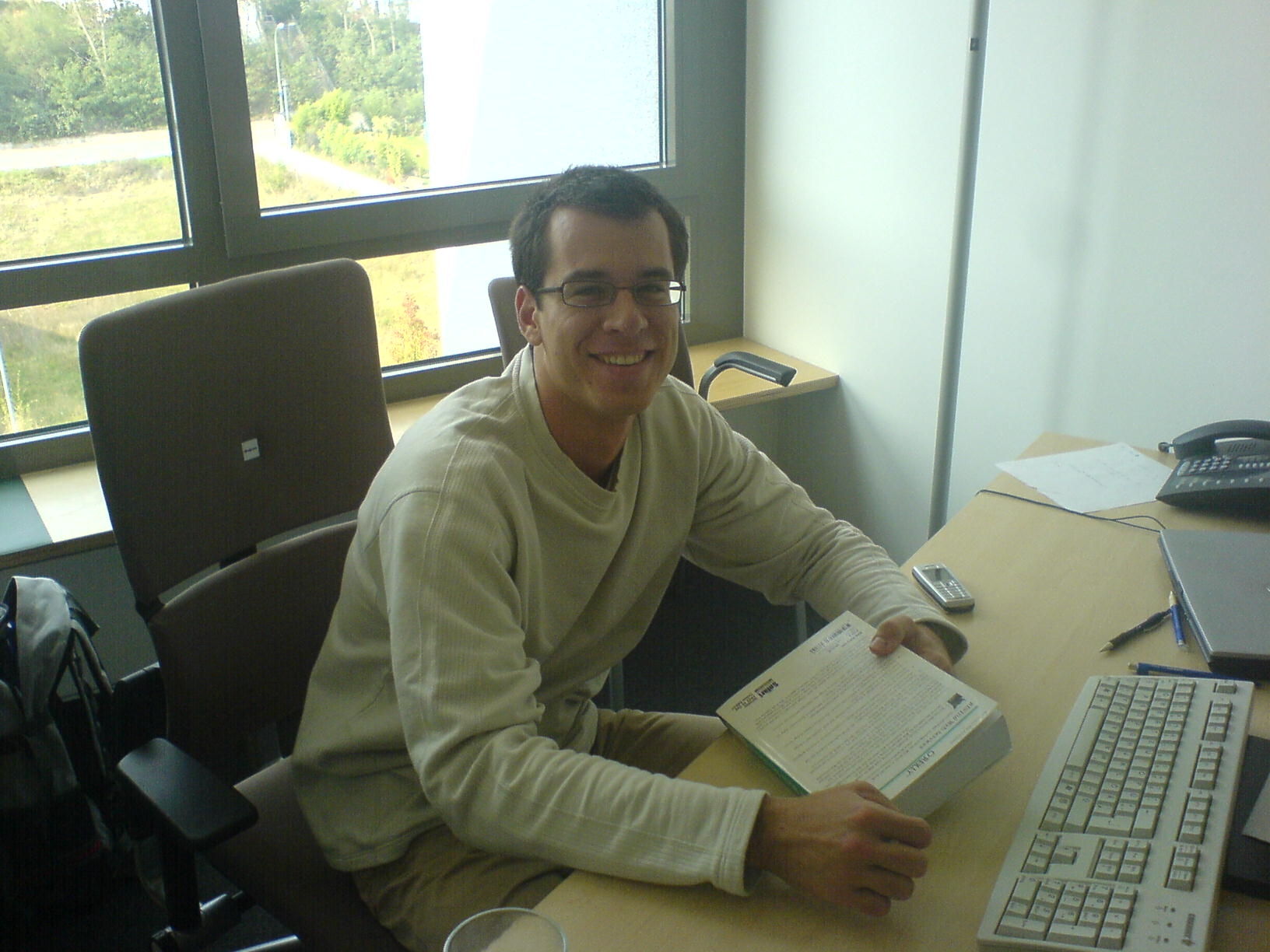C-LINK launched today
September 17th, 2008 by MartinAfter lots of coding, extensive testing (thanks a lot to all the beta testers in the KM group of DFKI!) and unexpected last minute problems (as expected, of course) we launched C-LINK today!
C-LINK is a web based tool that allows attendees of the KI 2008 conference to organize their conference.
Amongst others, features are:
- Individual conference planner (create your personal conference schedule)
- Personalized recommendations of presentations
- Meet the participants (profile matching with regard to research interests)
- Chat, Whiteboard
- Sharing digital resources (documents, presentations, etc.) among participants
As you can imagine (why else would you find this post here!?), it is based on ALOE. For the recommendations, DynaQ is used in a combination with myCBR.
We’re very excited and look forward to what happens now!

